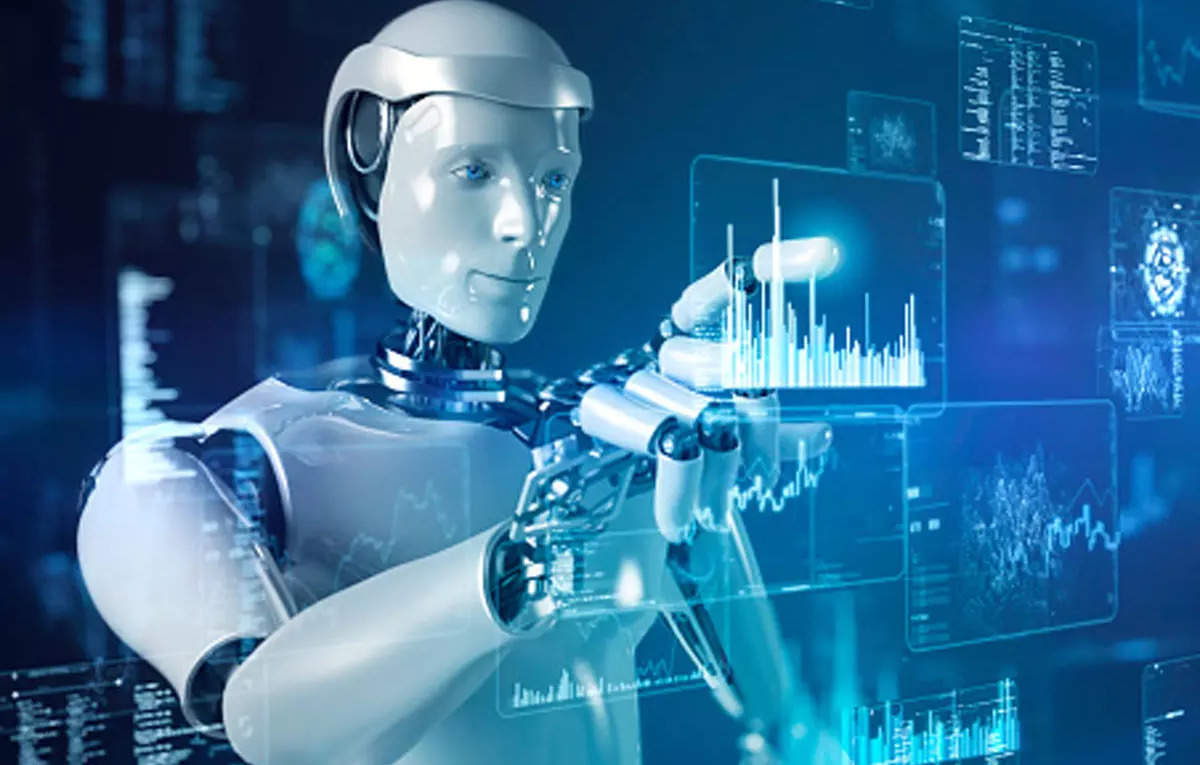Rise by Six: Your Daily Dose of Inspiration
Explore insights and stories that elevate your day.
When AI Takes Over the Grocery Store: What Happens Next?
Discover the future of shopping! Uncover how AI will revolutionize grocery stores and change your shopping experience forever.
The Future of Grocery Shopping: How AI Will Transform Your Experience
The future of grocery shopping is set to be revolutionized by artificial intelligence (AI), making the experience faster, more personalized, and incredibly efficient. Imagine entering a store where your shopping list is seamlessly integrated with real-time inventory data. AI-powered applications can recommend products based on your previous purchases, dietary preferences, and even current sales. This not only enhances your shopping experience but also helps you save money and time. Additionally, smart carts equipped with AI technology can provide suggestions as you shop, turning every visit into a tailored experience.
Moreover, as retailers harness the power of AI, the checkout process will be transformed significantly. With technologies like computer vision and machine learning, traditional checkout lines could become a thing of the past. Instant checkout options, where items are scanned automatically as you exit the store, will reduce wait times and streamline the overall shopping experience. In the coming years, grocery shopping will not only be about purchasing items but also about enjoying a more connected and intelligent experience that caters specifically to your needs.

Automation and You: The Impact of AI on Grocery Store Jobs
The rise of automation in the grocery sector is reshaping job roles, influencing everything from cashier positions to inventory management. With the integration of artificial intelligence (AI) and self-service checkouts, traditional job functions are evolving. This transition can lead to increased efficiency in operations, allowing stores to serve customers faster. However, it also raises concerns about job displacement. As grocery store jobs become increasingly automated, workers must adapt to new technologies or risk becoming obsolete in a rapidly changing marketplace.
Despite the challenges, the impact of AI on grocery store jobs is not solely negative. Automation can create new opportunities, particularly in technology-driven roles such as data analysis and system maintenance. Companies may require staff to manage and innovate within these automated systems, leading to a shift in the skill sets needed for employment. Ultimately, while AI may reduce the number of traditional positions, it could also pave the way for a more skilled workforce capable of leveraging technology to enhance the grocery shopping experience.
What Happens to Fresh Produce and Food Quality When AI Takes Over?
As artificial intelligence (AI) continues to evolve and make significant strides in various industries, its impact on fresh produce and food quality becomes an increasingly relevant topic. AI technologies can optimize the entire supply chain by monitoring environmental conditions, automating harvesting processes, and predicting the ideal time for picking fruits and vegetables. This enhanced precision not only maximizes yield but also ensures that the fresh produce reaches consumers in peak condition. With AI-driven analytics, retailers can also better manage inventory levels, reducing food waste and maintaining superior food quality throughout the distribution process.
Moreover, AI can play a crucial role in enhancing food safety by utilizing data-driven insights to identify potential contaminants and track food through every stage of its journey. Implementing machine learning algorithms allows for real-time monitoring of food quality parameters such as temperature and humidity, thus significantly reducing the risk of spoilage and contamination. As a result, AI not only elevates the standard of fresh produce but also builds consumer trust by ensuring that what’s on our plates is of the highest quality imaginable.